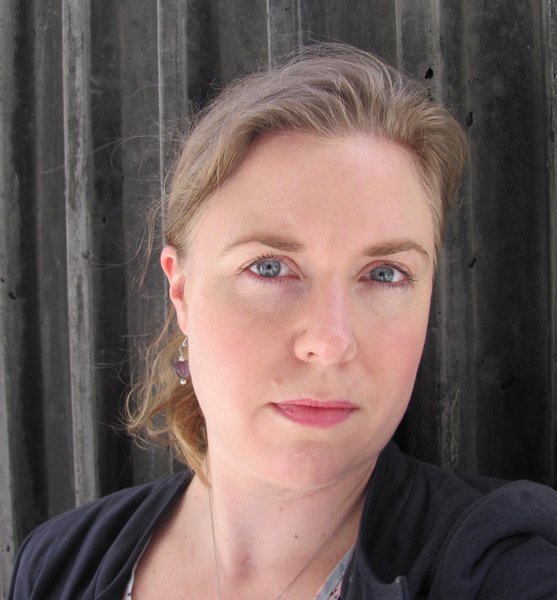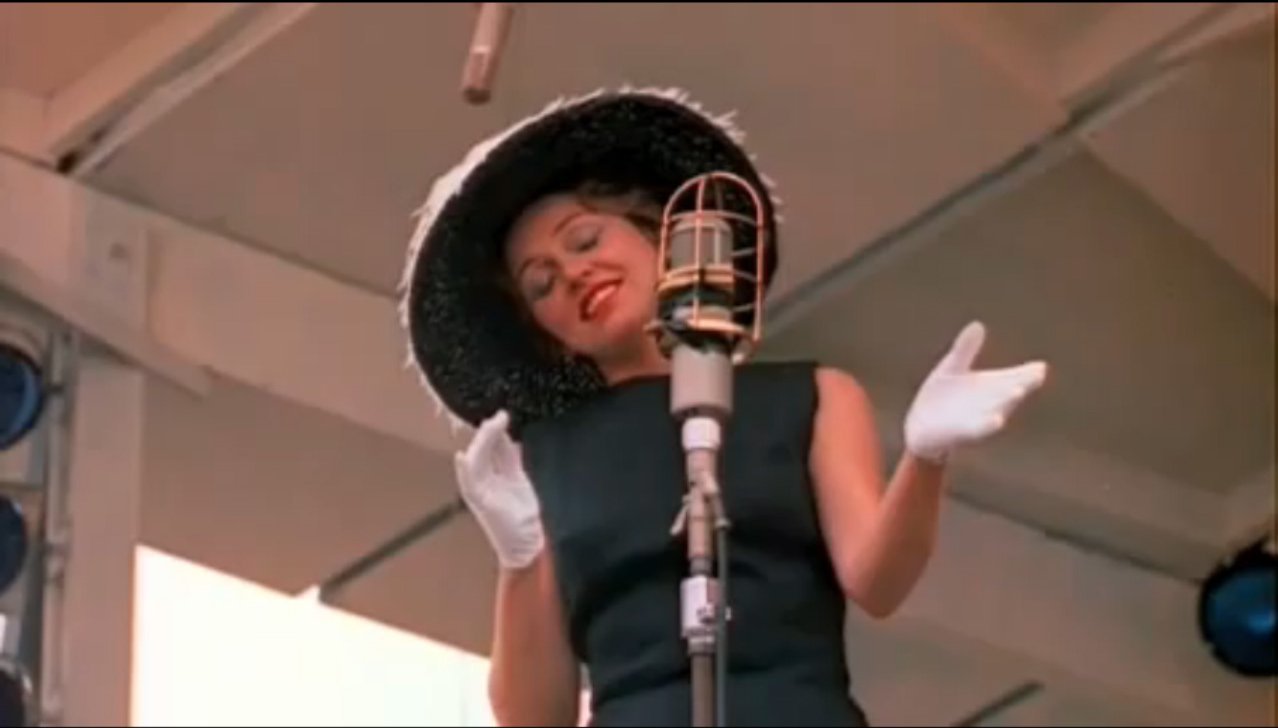Aleisha Ward • 25 May 2018
Aleisha Ward will co-host the Jazz Kōrero: Talking about Gender and Jazz in NZ discussion at the Wellington Jazz Festival in June. Ahead of that session she highlights some of the issues women in jazz have faced, past and present, and how the #Metoo movement has opened up the conversation around gender and jazz.

Jazz Kōrero: Talking about Gender and Jazz in NZ is a free round-table discussion at The Third Eye at 5.30pm Friday 8 June.
In 1925 a recording session was held in Chicago that would result in some of the most iconic recordings of jazz. The woman who organised this session was a well-known jazz musician and composer; she participated as pianist and wrote a number of the pieces that became closely associated with the leader of this group, and some of the most popular jazz repertoire from the decade. This woman is more visible in jazz history than many woman jazz musicians and composers, but even many jazz fans would have a hard time figuring out who this description refers to: it was Lil Hardin-Armstrong; and the recording session I describe was the first session of the Louis Armstrong Hot Five.
I use this description as a way of introducing the importance of women to the jazz scene and also the ways in which women have been rendered invisible in the jazz canon and history. Women have performed as musicians, singers, and band leaders from the earliest years of jazz around the world (including here in New Zealand). Women have also played important roles as composers and arrangers, working in management (venue or artist), recording, and other parts of the jazz scene. However, throughout the twentieth century women in jazz have been largely ignored by (predominantly male) reporters, critics, and historians, unless they were singers or acknowledged exceptions.
-Throughout the twentieth century women in jazz have been largely ignored by (predominantly male) reporters, critics, and historians, unless they were singers or acknowledged exception
The contributions of women, even acknowledged exceptions, have frequently been limited by historians and critics (both male and female) to gendered roles: Lil Hardin-Armstrong was the supportive wife, pianist and composer. Mary-Lou Williams was the ‘mother figure’ to many New York beboppers. All-girl bands may have been formed because women wanted to perform together, but because the peak of this phenomenon occurred during World War Two, it has been frequently framed as happening only as a result of the scarcity of men. Although there have been reconsiderations of the importance of women in jazz scenes, and repositionings of historical figures to better acknowledge their contributions, there is a pervasive myth that jazz is a meritocracy. In that myth if women were as good as men there would be more women playing jazz, therefore jazz is a man’s music. (Spoiler alert: jazz is not a meritocracy, and jazz has no gender).
 Anita O'Day, 1958 Newport Jazz Festival - Jazz on a Summer's Day
Anita O'Day, 1958 Newport Jazz Festival - Jazz on a Summer's Day
The jazz-as-male trope continues in part because, statistically, there are considerably more men than women visible on the jazz scene. However, it also continues because of the choices that bandleaders make, and how commentators choose to write about jazz. Consider how many women jazz musicians you know - are they singers, bandleaders, or side musicians? How many women appear in well-known bands run by men? Translate this to the local scene and consider how many mixed gender bands you see during the Wellington Jazz Festival. Consider why you may, or may not, see women in bands, or leading bands. Consider how jazz is written about: how are genders portrayed in profiles with relation to musicians’ personal life as well as their music. All these factors contribute to the visibility of, and how we think about, women on the jazz scene.
-The jazz-as-male trope continues in part because, statistically, there are considerably more men than women visible on the jazz scene. However, it also continues because of the choices that bandleaders make, and how commentators choose to write about jazz.
Of course, the status of women on the jazz scene is not all doom and gloom. Despite some out-dated attitudes held by critics, historians, and commentators, (and sometimes even fellow musicians), women continue to make important contributions to jazz in different ways from out front in a band, to teaching, to behind the scenes promoting the safety of all musicians in the workplace.
The #MeToo movement has had some major effects on the jazz scene and has for the first time truly opened up the conversation about not only the obviously bad and ugly, but also the good about gender relations and jazz. Arising from the #MeToo discourse, the jazz-based We Have Voice movement, has quickly taken on a positive and forward-looking trajectory. The aims of We Have Voice are to make the jazz scene safer for all participants, and to promote equity, diversity, inclusiveness, and most of all to make everyone welcome.
-Arising from the #MeToo discourse, the jazz-based 'We Have Voice' movement, has quickly taken on a positive and forward-looking trajectory.
At this year’s Wellington Jazz Festival the Jazz Kōrero session will tackle issues around jazz and gender on the New Zealand jazz scene, past and present. Co-hosted by myself and Dr Dave Wilson, we will converse with Dr Nick Tipping, Eilish Wilson, Lauren Ellis, and Lana Law about their experiences of the local jazz scene. We seek to explore the state of the jazz in New Zealand currently, and the gender-based issues that affect the scene. Ultimately, this conversation takes its cues from We Have Voice, and explores ways that we can all work to improve the jazz scene in New Zealand and make it more equitable and welcoming.
-At this year’s Wellington Jazz Festival the Jazz Kōrero session will tackle issues around jazz and gender on the New Zealand jazz scene, past and present.
I gratefully acknowledge the sponsorship of Creative Communities Wellington, and the Music Studies Programme at the New Zealand School of Music Te Kōki.
Aleisha's jazz blog can be found here.
Dr Aleisha Ward is the 2017 Douglas Lilburn Research Fellow and a recipient of the 2018 Ministry of Culture and Heritage New Zealand History Research Trust award investigating the Jazz Age in New Zealand. Aleisha is an award-winning writer, and a freelance lecturer in music history. She writes about jazz in New Zealand for a number of publications including audioculture.co.nz, New Zealand Musician and on her own blog nzjazz.wordpress.com.


